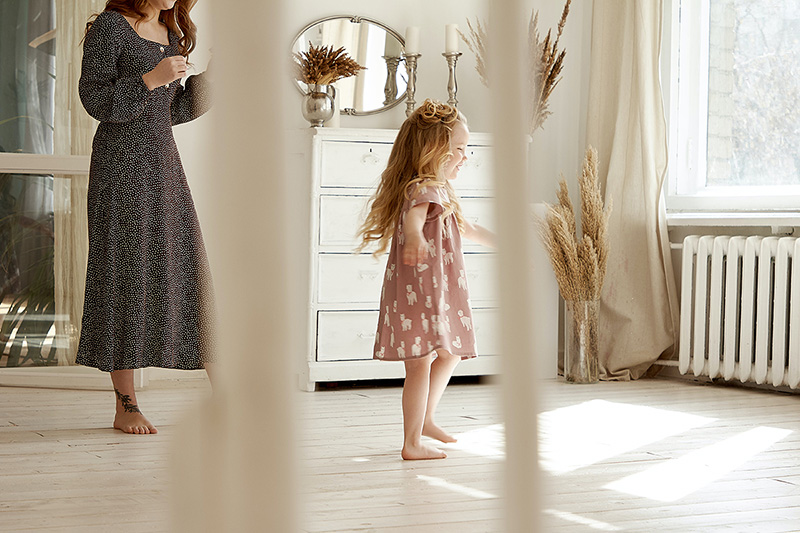Gas furnaces are the most common way to heat your home in the US. Gas is cheap and is available in abundant supply. Gas is considered clean energy because burning gas emits very few pollutants.
In spite of these wonderful advantages, gas is still a fossil fuel. So extraction, processing, and transportation of it takes money and resources. This also makes it a non-renewable resource.
Even though burning gas produces fewer pollutants compared to other fossil fuels, it still emits co2 and other pollutants into the air. And burning gas produces CO as a by-product which is a silent killer.
A California state board has voted to phase out gas-fueled furnaces and water heaters in California by 2030 in an effort to reduce its carbon footprint and cut down on pollution. Learn more here.
People don’t have to replace their gas-fueled furnaces yet, but when it breaks, they may have to replace it with an electric one.
While gas-fueled furnaces are widely used and effective heating systems, there are some potential downsides to consider:
Combustion Byproducts: Gas furnaces produce combustion byproducts, including carbon monoxide (CO). CO is a colorless, odorless gas that can be dangerous in high concentrations. It’s essential to have proper ventilation and regularly maintain gas furnaces to prevent the risk of CO leaks.
Safety Concerns: Gas furnaces involve the use of a flammable fuel, and there is a risk of gas leaks. Regular maintenance, proper installation, and the use of carbon monoxide detectors are crucial for ensuring safety.
Environmental Impact: Burning natural gas releases carbon dioxide (CO2) and other greenhouse gasses into the atmosphere. While natural gas is considered a cleaner-burning fuel compared to some alternatives, it still contributes to climate change. As a result, there is a growing interest in electric or renewable alternatives to reduce the environmental impact.
Dependency on supply lines: Gas furnaces rely on a steady and reliable supply of natural gas. Disruptions in the gas supply, whether due to natural disasters, accidents, or other factors, can affect the heating system’s operation.
Cost of Gas: The cost of natural gas can vary, and it is subject to market fluctuations. Homeowners using gas furnaces may experience changes in heating costs based on the price of natural gas.
Installation Limitations: Gas furnaces require proper venting systems, which can limit installation options. Adequate ventilation is essential for the safe operation of a gas furnace, and this requirement can affect where the furnace is placed within a home.
Benefits of an electric furnace
Converting a gas furnace into an electric one can offer several benefits depending on your specific circumstances. Here are a few reasons why people might consider this conversion:
Environmental impact: Electric furnaces are generally considered more environmentally friendly compared to gas furnaces because they produce zero direct emissions at the point of use. By using electricity generated from renewable sources, you can significantly reduce your carbon footprint and contribute to a cleaner and greener environment.
Energy efficiency: Electric furnaces can be highly efficient, especially if paired with a well-insulated home and energy-efficient components. They convert nearly 100% of the energy they consume into heat, whereas gas furnaces lose some energy through the combustion process and venting. Higher efficiency means lower energy consumption and reduced utility bills.
Safety considerations: Gas furnaces require proper venting and regular maintenance to ensure the safe operation of the combustion process. By switching to an electric furnace, you eliminate the risks associated with gas leaks, carbon monoxide poisoning, or combustion-related accidents. Electric furnaces do not have open flames or combustible fuel, making them inherently safer.
Long-term cost savings: Although the upfront cost of installing an electric furnace might be higher than a gas furnace, the long-term operational costs can be lower. Electric furnaces typically have fewer maintenance requirements, and with increasing availability of renewable energy, electricity costs may become more stable and predictable compared to fluctuating gas prices.
Energy independence: By relying on electricity to heat your home, you reduce your dependence on fossil fuels and the volatility of gas prices. You can take advantage of renewable energy sources, such as solar panels or wind turbines, to generate the electricity needed for your electric furnace. This can provide a sense of energy independence and control over your energy supply.
It’s important to note that the feasibility and cost-effectiveness of converting from a gas furnace to an electric one can vary depending on your location, energy prices, availability of renewable energy, and the condition of your current heating system.
Before making any decisions, it’s advisable to consult with a professional HVAC (Heating, Ventilation, and Air Conditioning) contractor who can assess your specific situation and provide expert guidance.









